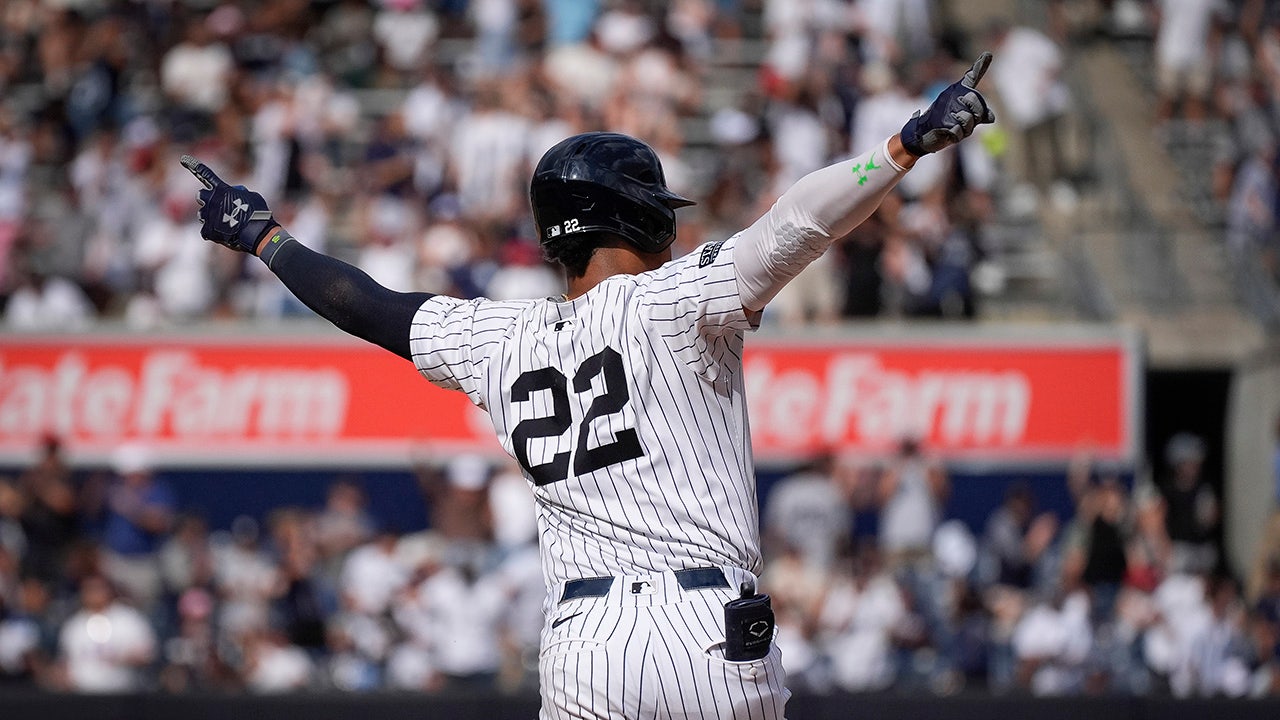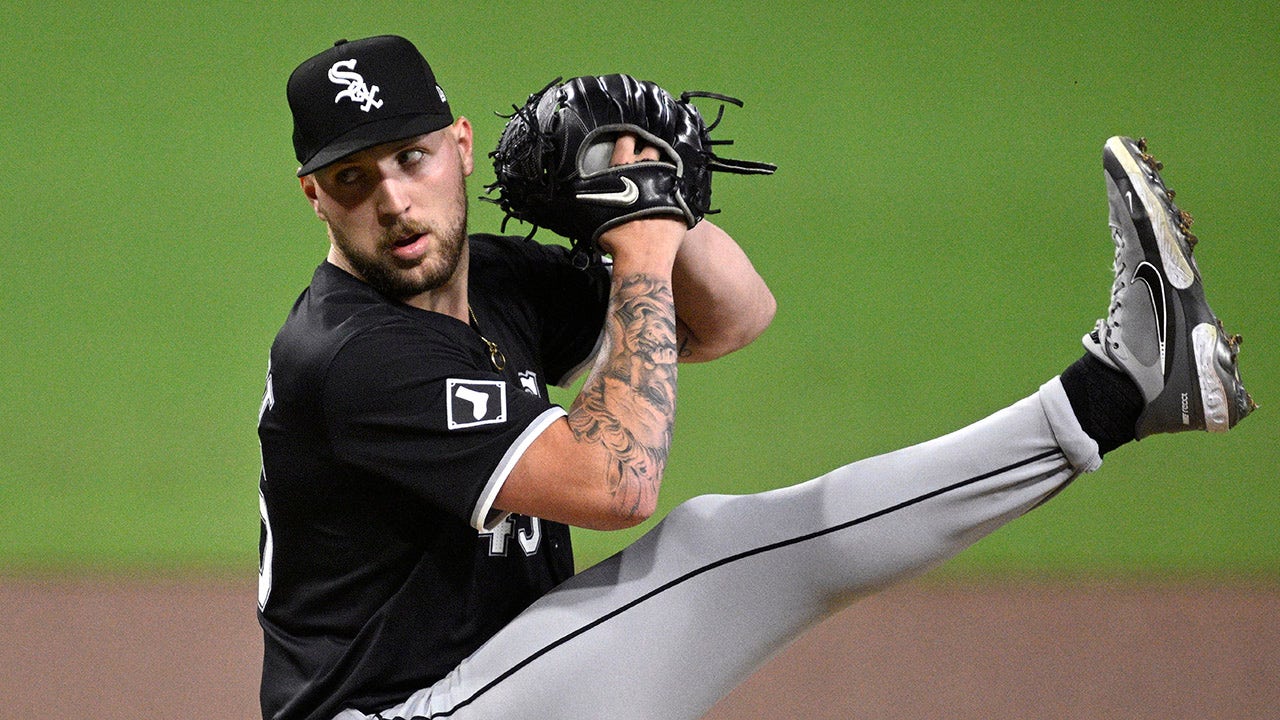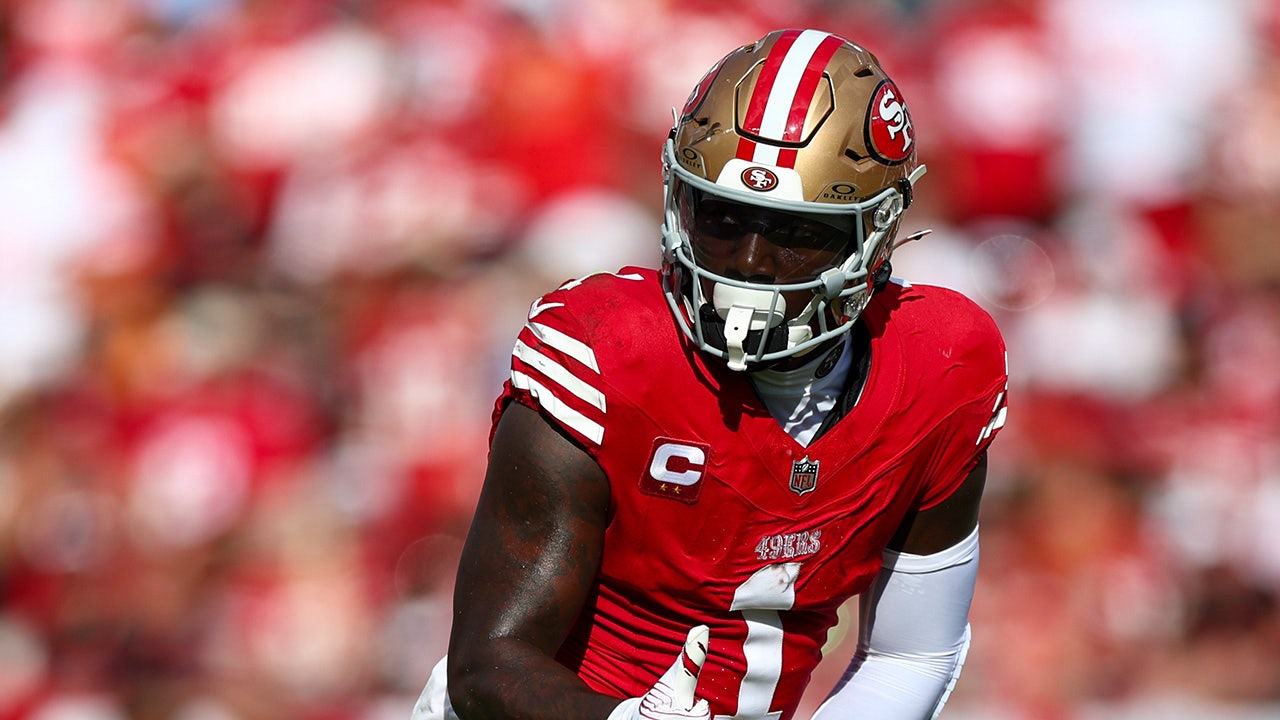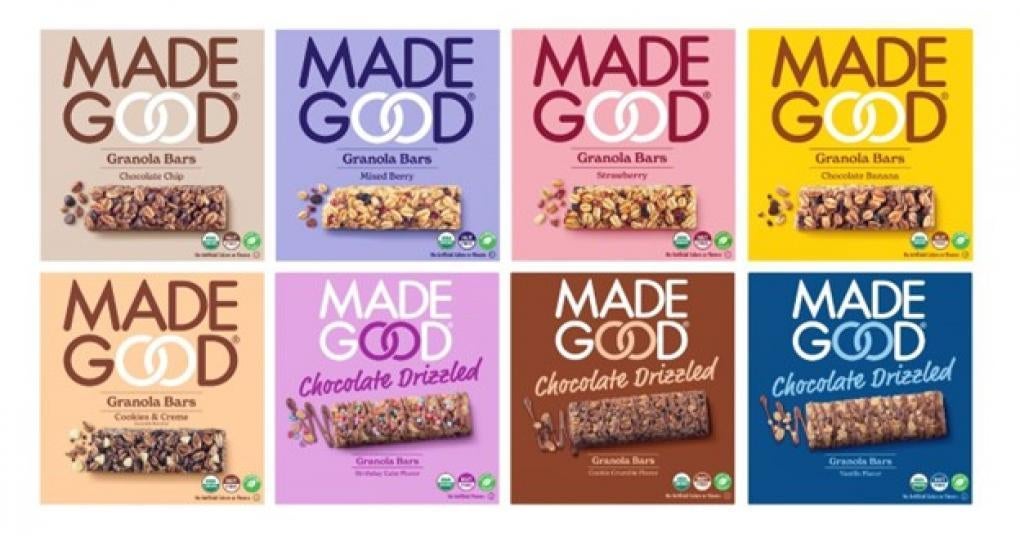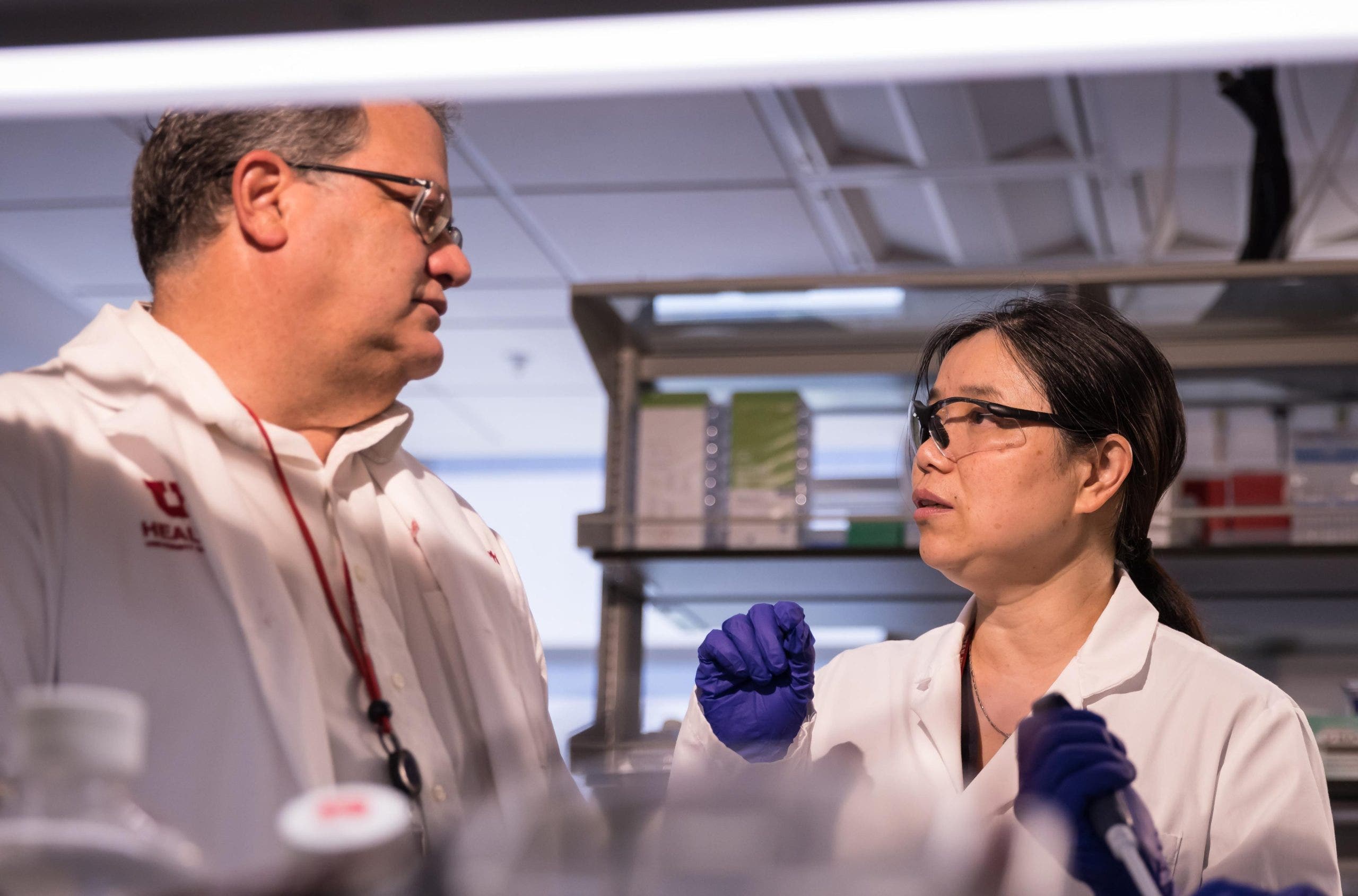Yet another sub-variant of COVID is the talk of the town. In the US, where it is quickly spreading, the new COVID sub-variant is raising some alarm.
What is XBB.1.5?
It is another offspring of the Omicron COVID variant, which is widely prevalent. Omicron, which first appeared in late 2021, has outperformed the earlier coronavirus strains Alpha, Beta, Gamma, and Delta.
There are various other Omicron infectious sub-variants.
The signs and symptoms of XBB.1.5 are thought to be similar to those of previous Omicron strains. The majority of people get cold-like symptoms.
Is XBB.1.5 more dangerous?
The same mutation that allowed XBB to overcome the body’s defensive defences also made it less able to infect human cells.
According to Prof. Wendy Barclay of Imperial College London, a mutation termed F486P in XBB.1.5 restores this ability to link to cells while preserving immunity, reported the BBC. As a result, it spreads more quickly. She claimed that these evolutionary alterations served as “stepping stones” for the virus as it continued to develop new ways to get through the body’s defences.
The Wellcome Sanger Institute in Cambridge is presently sequencing at least 5,000 COVID samples per week as part of its ongoing attempts to track changes.
Dr Ewan Harrison of the institute told the outlet that XBB.1.5 most likely developed when a person contracted two distinct Omicron types: “A bit of the genome from one virus gets joined up with another bit from a second virus, and they merge, and that goes on to transmit.”
In comparison to other sub-variants thus far observed, XBB.1.5 has a “growth advantage,” according to the World Health Organisation (WHO).
The WHO asserted that there was currently no evidence to support the idea that this version was more harmful or serious than previous versions.
Where is XBB.1.5 spreading?
The most common strain, XBB.1.5, is thought to be the reason for more than 40% of COVID cases in the US. It swiftly eclipsed earlier Omicron sub-variants.
Recently, there have been more COVID hospital admissions across the US and the government has reinstituted its free testing programme.
Are scientists worrying about new COVID variant?
Prof. Barclay stated that there was “no indication” that XBB.1.5 would “breakthrough” the defence against serious sickness offered by immunisations, hence she was not overly concerned.
As per the BBC, she is, however, concerned about the potential impact on the weak, notably the immunocompromised, who benefit less from COVID vaccinations.
The London School of Hygiene and Tropical Medicine’s Prof. David Heymann admitted that there was still a lot to learn about this most recent variety.











